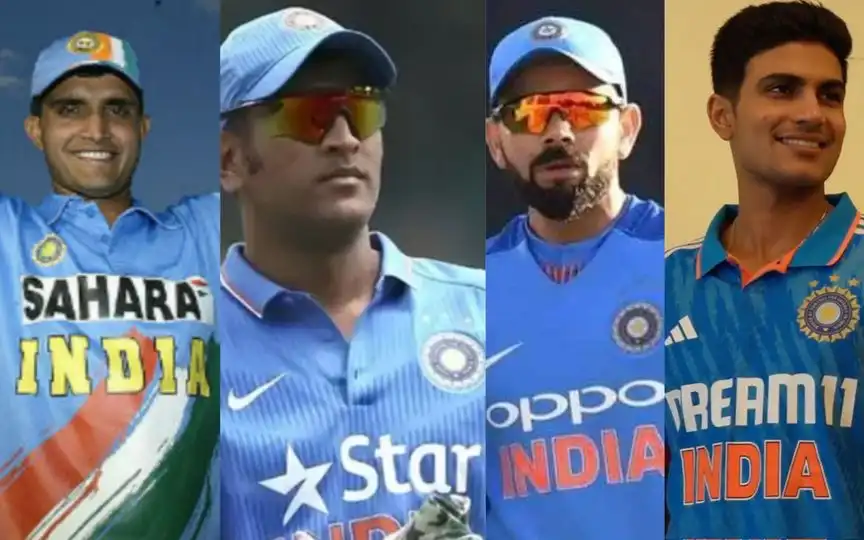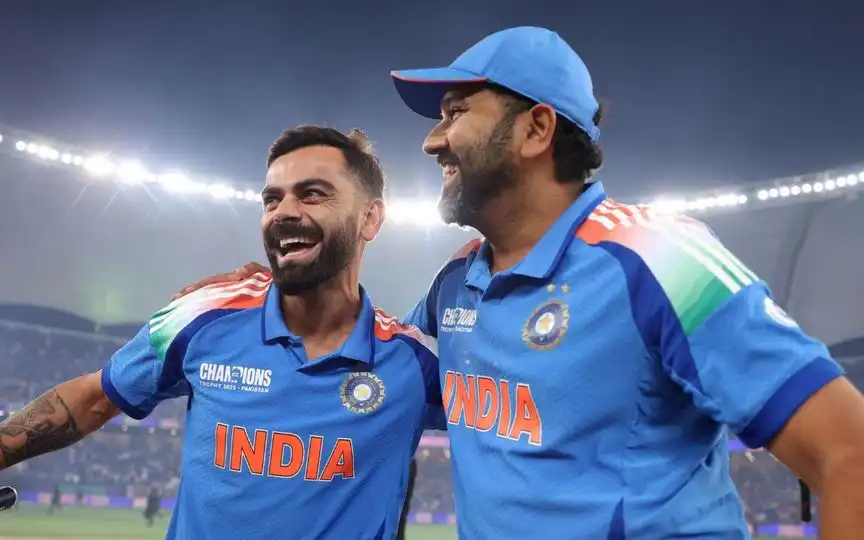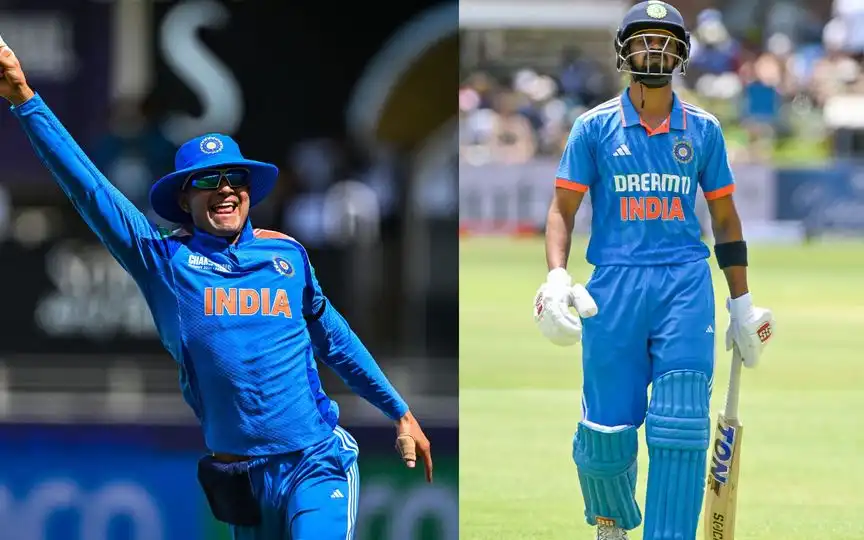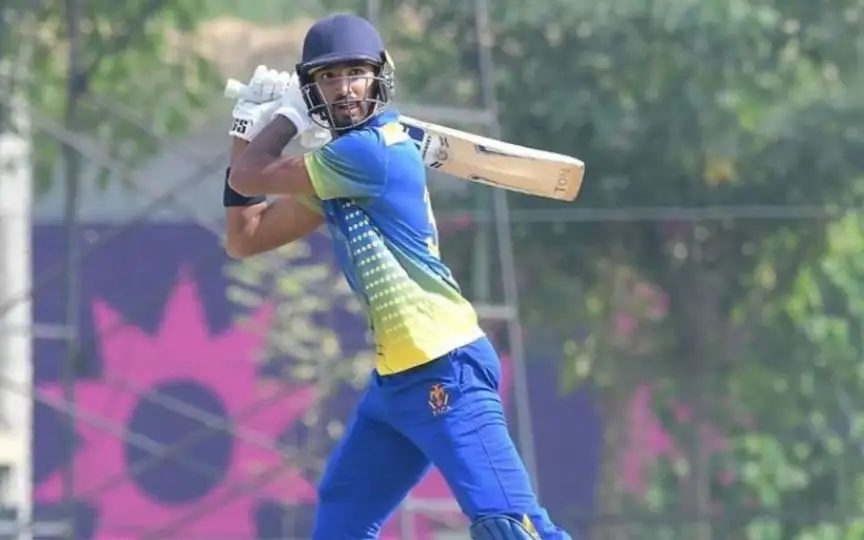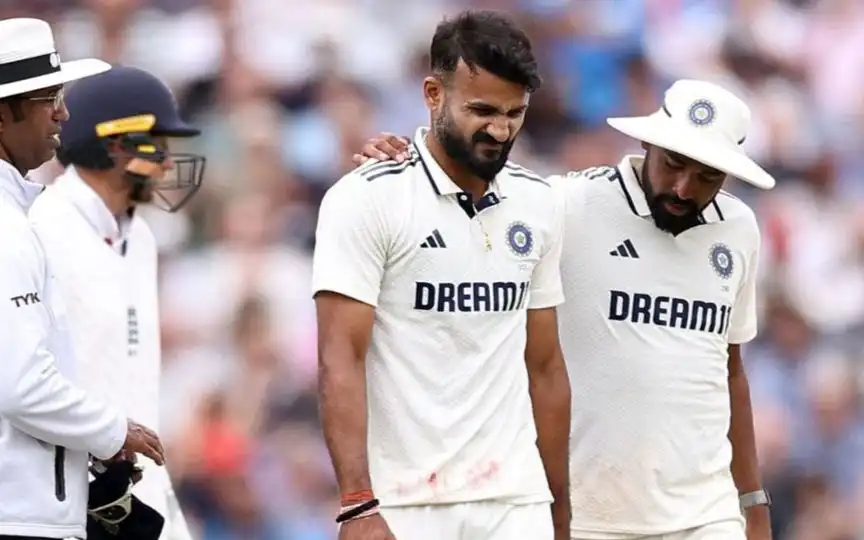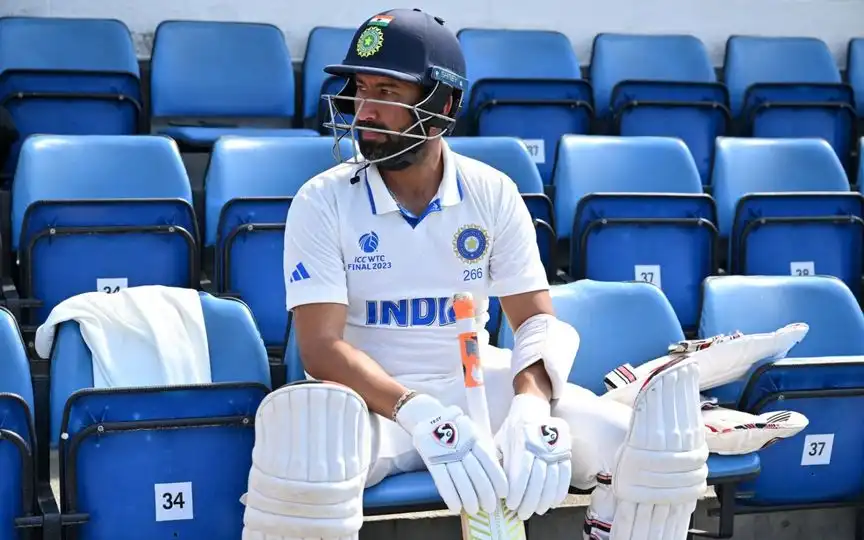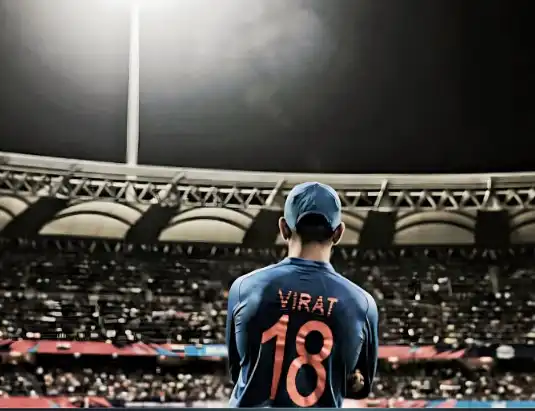![Cricket economy struck hard by real money gaming ban in India [Source: @India_insights0/x.com]](https://onecricketnews.akamaized.net/parth-editor/oc-dashboard/news-images-prod/1756214015236_Fantasygamingbanaftermath.jpg?type=hq) Cricket economy struck hard by real money gaming ban in India [Source: @India_insights0/x.com]
Cricket economy struck hard by real money gaming ban in India [Source: @India_insights0/x.com]
Indian cricket is staring at one of its biggest financial shake-ups in years. The government’s decision to ban real-money gaming has not just forced Dream11 out as Team India’s jersey sponsor, it has ripped a hole through the entire cricketing economy.
rom superstar cricketers losing crores in endorsements to IPL franchises scrambling for new sponsors, the blow is hard and wide. According to a Cricbuzz report, the impact could run into INR 8,000–10,000 crore annually and will leave a lasting dent in cricket’s commercial ecosystem.
Cricketers Lose Endorsement Income
For years, fantasy gaming companies were showering money on Indian players. Rohit Sharma, Jasprit Bumrah, KL Rahul, Rishabh Pant, Hardik and Krunal Pandya were tied to Dream11 while Shubman Gill, Mohammed Siraj, Ruturaj Gaikwad, Yashasvi Jaiswal, Rinku Singh and even Sourav Ganguly were faces of My11 Circle. Virat Kohli promoted MPL, MS Dhoni endorsed Winzo and the list goes on.
Now, every one of those deals is gone. Cricketers collectively stand to lose INR 150–200 crore a year in endorsements. While stars like Kohli, who earns INR 10–12 crore from such contracts, will barely flinch, others will feel the pinch badly.
For Mohammed Siraj, losing My11 Circle alone means a 33% cut in his brand income. For Washington Sundar, it is the same story. For lesser-known names, it is a total wipeout.
The IPL Sponsorship Domino Effect
The tremors are being felt beyond players’ pockets. My11 Circle was an associate sponsor of the IPL, paying the BCCI INR 125 crore annually. With three years still left in their deal, that is a gaping hole to fill.
Franchises like KKR, LSG and SRH, who earned INR 10–20 crore each year from fantasy sponsors, will also need to start looking elsewhere. Smaller tournaments, including Legends League and domestic state leagues, may struggle to survive without that money.
Experts Warn Of A Major Shake-Up
Karan Taurani, executive vice-president at Elara Capital, explained the scale of the blow:
"In terms of overall advertising spends, these gaming companies contribute around 7-8 percent of the market. Nearly 80 percent of that will vanish, since real money gaming accounts for 75-80 percent of the overall gaming market. So that is one big impact. Roughly 7-8 percent of total ad spends and about 15-20 percent of digital ad spends will also disappear, because their share in digital advertising is higher,” as quoted by Cricbuzz.
On cricketers specifically, he added:
"This was the amount being spent on cricket and cricketers. Now, I think endorsements for cricketers will take a hit. Their brand value and income are bound to decline. While players endorse multiple products, the real money gaming segment contributed significantly to their endorsement revenue, which could drop by 20-25 percent. Broadly, that translates to about INR 8,000-10,000 crore."
Government Stands Firm
The ban comes after complaints from players losing money daily on these apps. Prime Minister Narendra Modi hailed the bill, saying it would "save our society from the harmful effects of online money games."
The law bans such games and their ads, blocks payment channels and sets up a new authority to regulate the space. Violations could lead to jail terms of up to three years and fines of INR 1 crore.
The BCCI may not struggle long to find a new jersey sponsor, but for IPL franchises, domestic leagues and especially younger players, this decision is a game-changer. The real-money gaming industry once pumped oxygen into Indian cricket’s economy. With that supply line cut off, the aftershocks will be felt in every corner of the sport.
